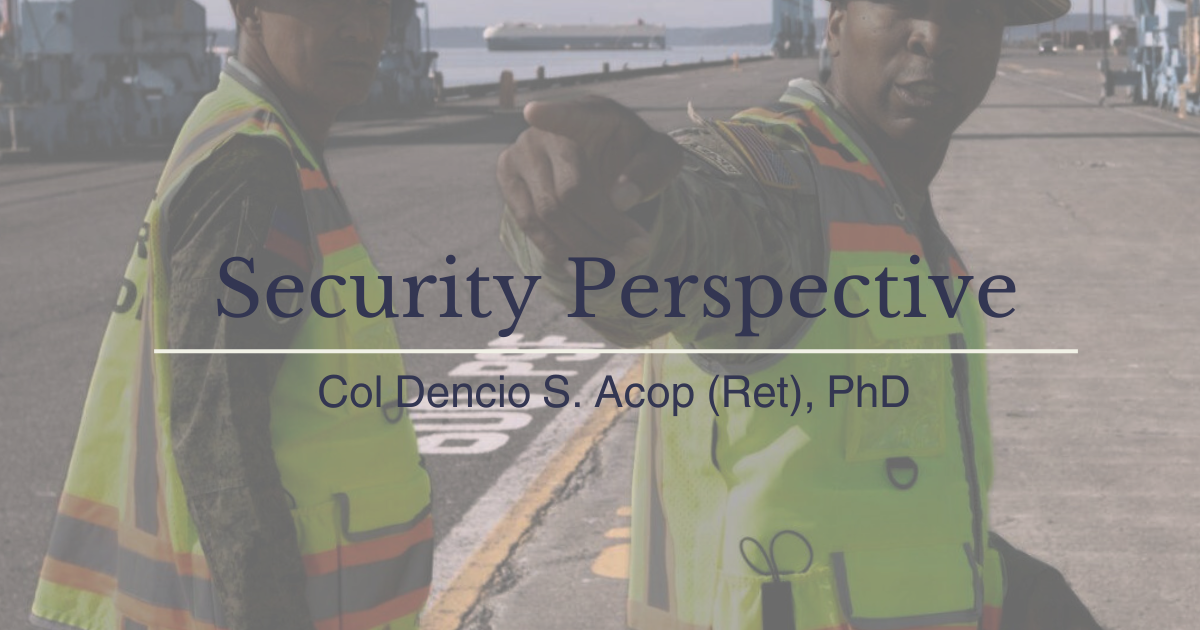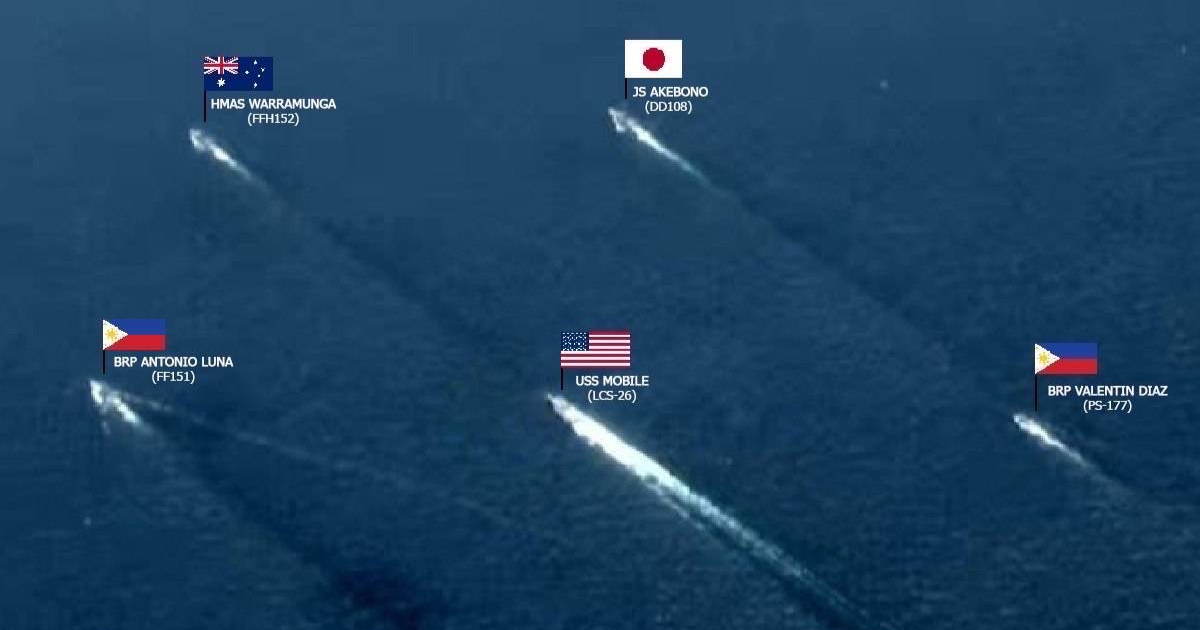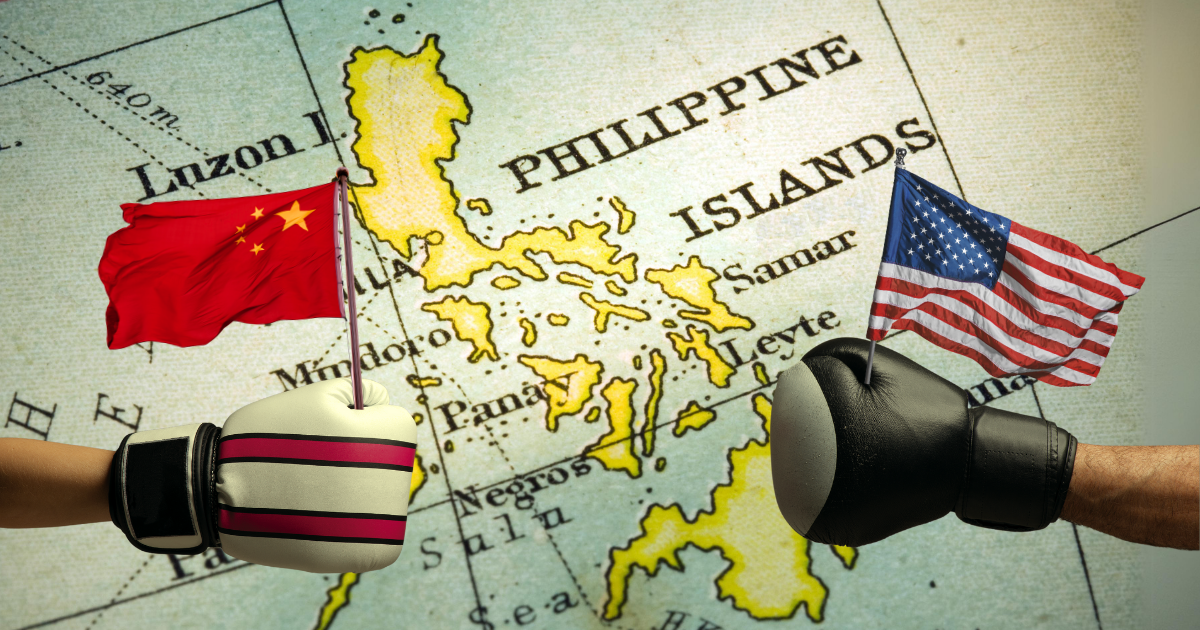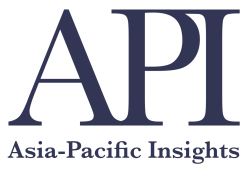Col Dencio S Acop (Ret), PhD
Dencio Severo Acop is a retired Philippine Army colonel who served in the Armed Forces of the Philippines for 30 years.
Acop graduated from the United States Military Academy at West Point in 1983. President Corazon Aquino awarded Acop the military’s second-highest decoration, the Distinguished Conduct Star, in 1990 for gallantry in action for his role in the defense of the government in the failed December 1989 coup.
Acop was also awarded the Presidential Medal of Merit by President Fidel Ramos in 1998 for his ‘moral competency in public service’.
Acop worked in the corporate sector for 12 years after he opted to retire early from military service.
He is a certified security professional, published author, strategic intelligence analyst, seasoned academic, and soldier. He has graduate degrees in public administration and business management from the University of the Philippines and the University of New South Wales.
Acop earned a certification from ASIS International as a certified protection professional (CPP) and has a PhD in Peace and Security Studies.
He is based in Boston, Massachusetts.
Articles

These are countries that share Russia’s authoritarian tendencies, like China, North Korea, Iran, Cuba, and the rest. Adolf Hitler’s Germany embraced Fascism following World War I, allowing Germany’s imperialism that culminate in World War II.

As global security developments unfold, it has become increasingly clear in no uncertain terms that the world is now divided between the reigning liberal order led by the United States and a revisionist authoritarian order led by China and Russia.

Let it be known that China’s confidence in its imperialism in the South China Sea is significantly based upon the deployment of floating nuclear power which the United States and other nuclear powers will be hesitant to target.

By all indicators, there will be an armed conflict in the South China Sea. Armed confrontation is inevitable for the following reasons. One, war is already happening. Two, the course taken by the antagonist is irreversible. And three, each side is committed to its survival tangibly and intangibly.

The history of the world is one of conflict and power. First, the strong have always waged wars to conquer the weak. Second, man’s selfless nature has been battling his selfish nature. And third, the pragmatic has emerged as the preferred course of action in global affairs.

Word is out that given China’s current strengths and weaknesses along with the opportunities and threats surrounding it, there is only a finite window of opportunity within which Beijing could achieve its objective. When will China make its move on Taiwan? And how will it make this move?

It must be appreciated that before armed hostilities may ensue, soft approaches like diplomacy, gray zone operations like swarming, blasting of water cannons, and illegitimate blockades could first occur. They have occurred in the case of China’s unilateral declaration of ownership of almost the entire South China Sea through its Ten-Dash Line claim.

The rivalry between the United States and China is now full-blown. The pivot to the Philippines’ former colonial master makes more sense as China has done nothing but occupy Filipino islets in the West Philippine Sea and violate the tiny country’s exclusive economic zone.

This written work will attempt to argue about the ongoing battle for supremacy between rising China and the United States, the world’s dominant leader, amidst a sea of unprecedented changes in the world which include radical technological innovation and the decline of liberal democracy.
